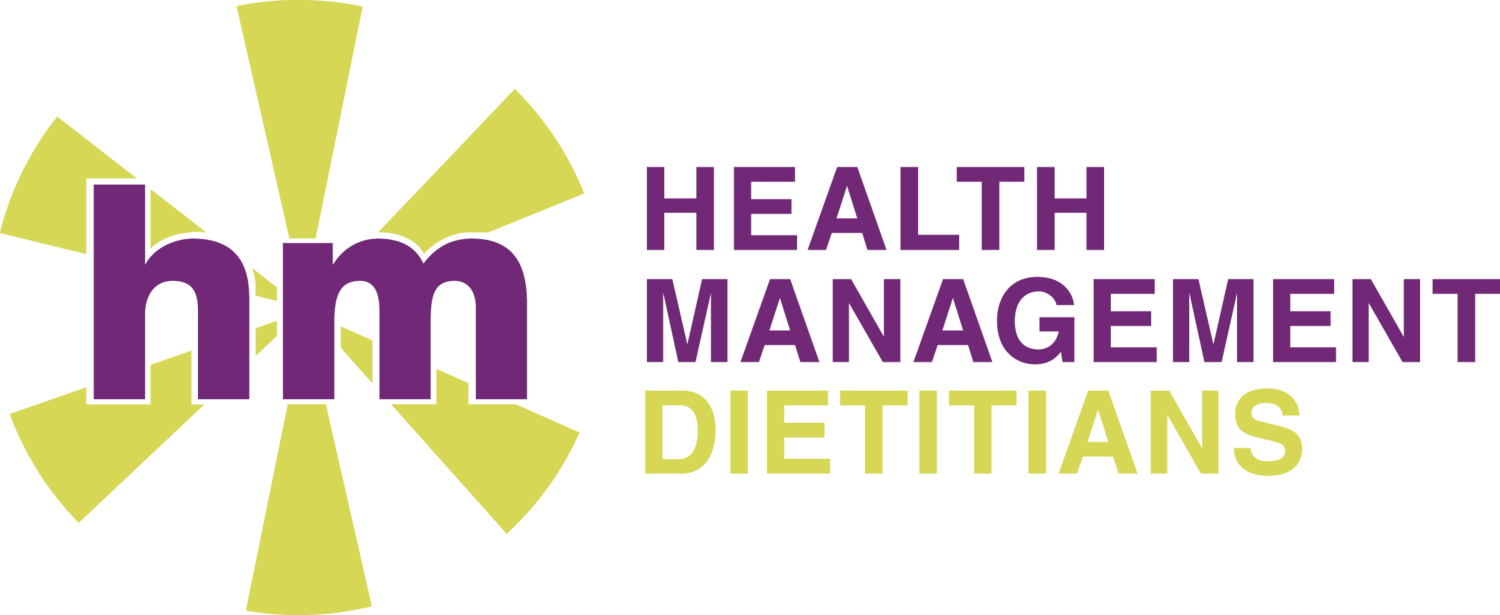🥚 How Nutrition Can Support Fertility: What You Need to Know
By Health Management Dietitians | Cairns Nutrition Experts
🌿 Why Nutrition Matters for Fertility
When planning for pregnancy, many people focus on timing, hormones, or fertility tests — but often overlook the critical role of nutrition. While no food guarantees conception, a balanced, nutrient-rich diet can significantly improve your reproductive health and prepare your body for pregnancy.
As trusted fertility dietitians in Cairns, we help individuals and couples understand how diet impacts hormones, egg quality, ovulation, and overall fertility.
🔄 How Does Nutrition Affect Fertility?
Your fertility is influenced by a mix of factors, including hormone balance, egg and sperm quality, and ovulation. Nutrition plays a key role in supporting:
✅ Healthy hormone production
✅ Reduced oxidative stress (which can damage reproductive cells)
✅ Blood sugar and insulin regulation (important for ovulation)
✅ Lower inflammation (which can impact implantation)
🥗 Key Nutrients That Support Fertility
🌱 Folate
Important for DNA synthesis and early fetal development, folate also supports egg quality before pregnancy.
Sources:
Leafy greens (spinach, kale, silverbeet)
Legumes (chickpeas, lentils, black beans)
Fortified cereals and wholegrain breads
🔴 Iron
Low iron is linked to anovulation (lack of ovulation). Include both plant and animal sources:
Sources:
Lean red meat, chicken, turkey
Fish (salmon, sardines)
Legumes, tofu, iron-fortified grains
Pro tip: Pair iron-rich foods with vitamin C (kiwi, berries, capsicum) to improve absorption.
🐟 Omega-3 Fatty Acids
Omega-3s support egg quality, embryo development, and reduce inflammation.
Sources:
Fatty fish (salmon, sardines, mackerel)
Chia seeds, flaxseeds, walnuts
☀️ Vitamin D
Supports hormonal balance, egg development, and uterine lining health.
Sources:
Fortified dairy, egg yolks
Fatty fish
Safe sun exposure in tropical FNQ (Far North Queensland)
🫐 Antioxidants (Vitamin C, E, Selenium, CoQ10)
Protect reproductive cells from oxidative stress, improving fertility in both men and women.
Sources:
Berries, capsicum, pumpkin
Nuts and seeds (especially Brazil nuts for selenium)
Olive oil, avocado
🥑 What Does a Fertility-Friendly Diet Look Like?
The Mediterranean-style diet is one of the most evidence-based dietary patterns for improving fertility outcomes. It focuses on:
Colourful fruits and vegetables
Wholegrains (oats, quinoa, brown rice)
Lean protein (fish, tofu, legumes)
Healthy fats (extra virgin olive oil, avocado, seeds)
Minimising refined sugars, processed foods, and trans fats
At Health Management Dietitians, we help adapt these principles to your lifestyle — whether you're in Cairns, the Tablelands, or surrounding regions.
💬 Final Thoughts: How a Dietitian Can Help Your Fertility Journey
Nutrition isn’t the only factor affecting fertility, but it’s one of the most powerful lifestyle changes you can make. A fertility-friendly diet can:
Balance hormones
Support ovulation
Improve egg and sperm quality
Create an ideal environment for conception
If you're preparing to start a family, working with an Accredited Practising Dietitian can help you identify any nutrient gaps and provide a personalised plan for your goals.
📞 Book a Discovery Call Today
If you're thinking about pregnancy or struggling with fertility, our friendly team at Health Management Dietitians is here to help.
